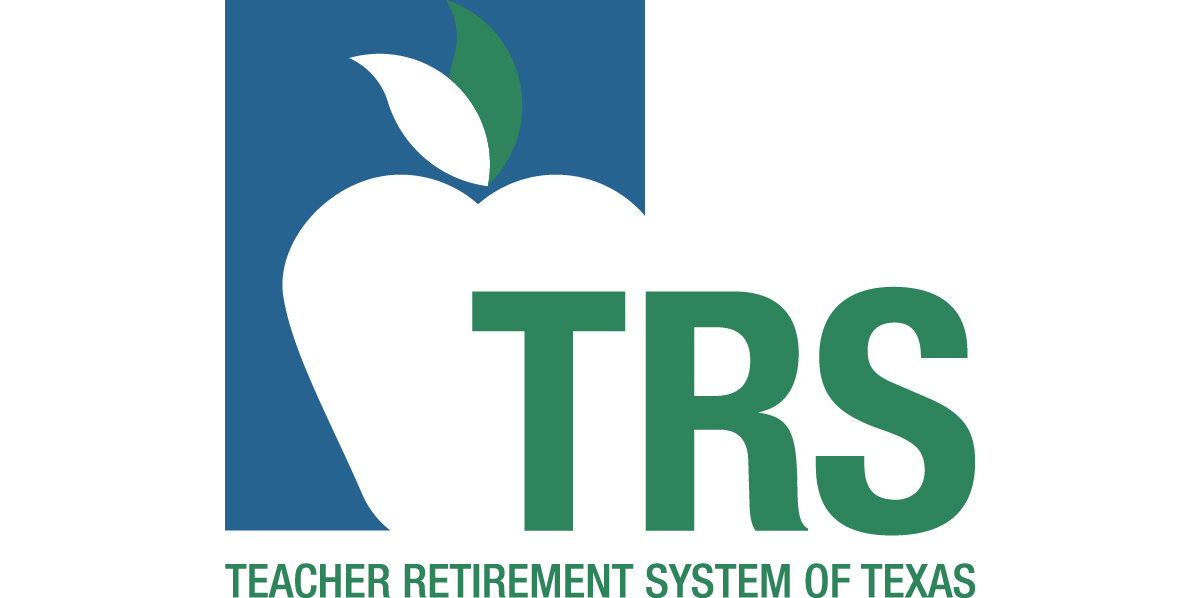A closer look at testing bills approved by the Legislature

Date Posted: 5/28/2013 | Author: Jennifer Mitchell, CAE
High-stakes testing was one of the most talked-about issues this legislative session, and several high-profile bills were adopted pertaining to standardized testing and related subjects. On Sunday, May 26, the House and Senate both approved House Bill (HB) 2836 by Rep. Bennett Ratliff with a unanimous vote in each chamber. HB 2836 is an attempt to reduce the amount of time spent on standardized testing in grades 3 through 8. It limits the number of district benchmark tests that may be administered. The bill requires state tests to be validated and designed for the primary purpose of assessing students’ mastery of the curriculum. It demands better monitoring of state contracts with testing vendors. HB 2836 also calls for an interim study on curriculum standards in response to concerns about the high number of TEKS that have been adopted by the SBOE and the oft-repeated criticism that our TEKS are “an inch deep and a mile wide.” Additionally, HB 2836 requires a redesign of the tests used for students with significant cognitive disabilities and should help reduce the amount of teachers’ paperwork necessitated by those tests. The bill will also help prevent schools from being penalized under the accountability system for certain students referred to a residential facility for treatment. HB 2836 was sent to the governor today. The Legislature passed another testing reform bill that impacts elementary grades. Under HB 866 by Rep. Dan Huberty, certain students who achieve satisfactory scores on STAAR tests in in third, fifth and sixth grades may be permitted to skip the exams in grades four, six or seven. However, the bill’s implementation will necessitate a waiver from the federal government because of the No Child Left Behind Act. HB 866 passed the House unanimously and was approved by a vote of 29 to 2 in the Senate. It was sent to the governor Monday, May 27. The most comprehensive education reform bill approved by the Legislature this session was HB 5 by House Public Education Committee Chairman Rep. Jimmie Don Aycock. HB 5 deals with testing, graduation requirements and the accountability system. After much negotiation between the Senate and House and a widely reported deal under which the testing bill would be approved only upon passage of a charter school bill, the final version of HB 5 passed both chambers unanimously on Sunday night. As of Tuesday, May 28, the bill was headed to the governor’s desk. TESTING PROVISIONS OF HB 5: HB 5 decreases the number of mandatory end-of-course (EOC) tests from 15 to five. EOCs will be required for Algebra I, Biology, English I, English II, and United States History. The English I and II end-of-course assessments will cover both reading and writing, eliminating the need for separate tests. Chairman Patrick estimates that students and teachers will endure at least 40 fewer testing days under the HB 5 changes. The bill also limits the amount of time students can be removed from regular classes for test preparation or remediation. HB 5 prohibits the use of students’ EOC scores to determine class rank or entitlement to automatic college admission. Also, the law will no longer require students’ EOC scores to count as 15 percent of their final course grades. Colleges may consider students’ EOC scores for admission purposes but may not treat EOC scores as the sole criterion. In addition to the five required tests, districts will have the option of administering EOCs in Algebra II and English III for the purpose of measuring post-secondary readiness. While these scores will be reported to TEA, they may not be used for accountability purposes, for determining students’ course grades or class rank, for teacher evaluation purposes, for college admission or determining eligibility for a TEXAS grant. As in HB 2836, HB 5 limits the number of district benchmark tests that may be administered and requires TEA to redevelop assessments for students with significant cognitive disabilities. The bill requires TEA to release the state test questions and answer keys for the next five years. School districts must disclose to teachers the results of their students’ test scores in the subject they taught. GRADUATION REQUIREMENTS UNDER HB 5: HB 5 replaces the Minimum, Recommended and Advanced High School graduation programs with a single diploma for all students under a new “Foundation High School Program.” The curriculum requirements for the foundation diploma are as follows:
- 4 ELA credits, including English I, English II, English III and one advanced English course;
- 3 math credits, including Algebra I, geometry and one advanced math course;
- 3 science credits, including biology, at least one advanced science course, and either integrated physics and chemistry or an additional advanced science course;
- 3 social studies credits, including US history, one-half credit each in government and economics, and one credit in world geography or world history;
- 2 foreign language credits (although some students, such as those with certain disabilities, will be authorized under SBOE rules to substitute other courses);
- 5 elective credits;
- 1 fine arts credit; and
- 1 physical education credit. (Students with disabilities or illnesses who are unable to participate may substitute another course for this credit.)
CONVERSATION
RECOMMENDED FOR YOU

04/18/2024
5th Circuit Court denies rehearing in publishers’ Texas library book lawsuit
Author of HB 900 urges Paxton to appeal to the U.S. Supreme Court.

04/17/2024
TRS board to consider lowering TRS-Care Medicare Advantage premiums
Increased legislative funding, federal changes mean TRS is positioned to pass on savings to plan participants.

04/16/2024
Texas Tribune hosts panel on the impact of new legislation on Texas public education
The hourlong conversation focused primarily on the need for and impact of three pieces of legislation passed in 2023.

